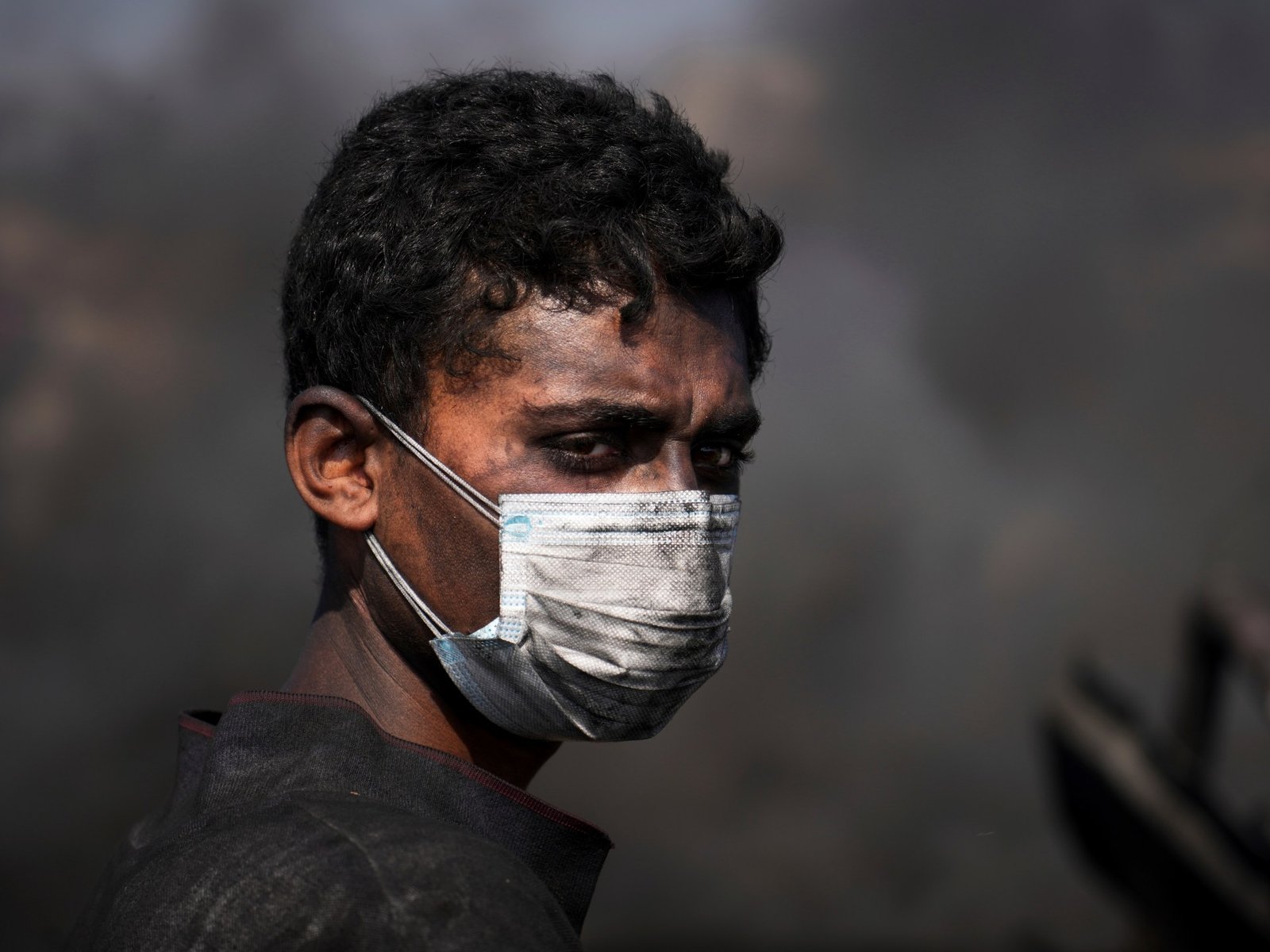In the southern region of Gaza City, young Palestinian entrepreneurs are finding a unique solution to their fuel shortages along the Mediterranean coast. With commercial fuel options scarce, they are creatively recycling plastic waste into usable fuel through makeshift burners crafted from metal drums.
This grassroots operation unfolds in the open, where plumes of black smoke rise from the burners, creating a thick haze along the roadside. Small tents dot the area, serving as storage spaces and resting spots for these industrious youths as they alternate between shifts. The scene is buzzing with activity, as horse-drawn carts and pedestrians navigate through the smoke, connecting the northern and southern parts of Gaza.
Many of these young individuals are displaced, relying on this endeavor as one of their few means of income. The fuel produced here is frequently utilized for local generators and transportation, marketed at prices lower than traditional fuel sources.
While the recycling process is rudimentary, it demands long hours and exposes the workers to hazardous fumes and open flames. Yet, for these community members, it represents a crucial opportunity to earn a living and support their families amid challenging circumstances.
A recent report from the UN’s Integrated Food Security Phase Classification (IPC) reveals that around half a million people in the Gaza Strip are at risk of starvation, with the remainder facing severe food insecurity. The ongoing conflict has tragically claimed over 56,000 lives and left more than 131,000 injured, according to Gaza’s Health Ministry.

